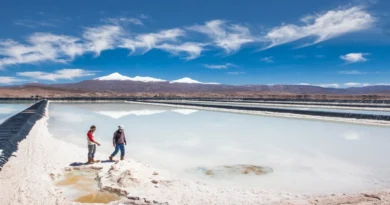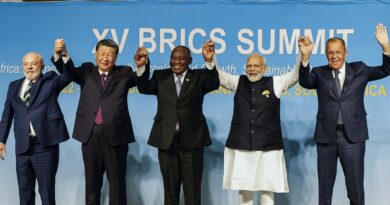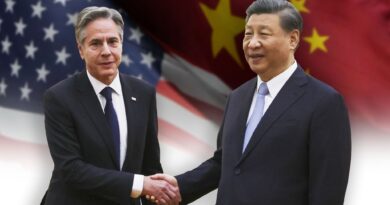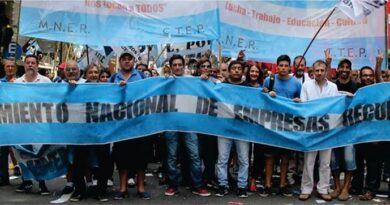The oil and the left in Latin America
SERGIO NAVAS
Today, the world is burning more oil than ever before. Although the green agenda and renewable energies are advancing, the reality is that the pandemic and the war in Ukraine have delayed the energy transition. The peak of fossil fuel consumption is now expected for 2032. In addition to Covid and Ukraine, the trade war against China has further contributed to the 'deglobalizing' scenario, pushing for a geopolitical realignment.












